How to Make a Subway Map with John Tauranac
Hear from an author and map designer who has been creating maps of the NYC subway, officially and unofficially, for over forty years!


Walking through New York City, it’s easy to forget that New York City was once a collection of large farmsteads (and before that virgin land, of course). This week’s roundup includes some of the city’s most well-preserved historical farmhouses, which have miraculously survived the last 200 years of development.
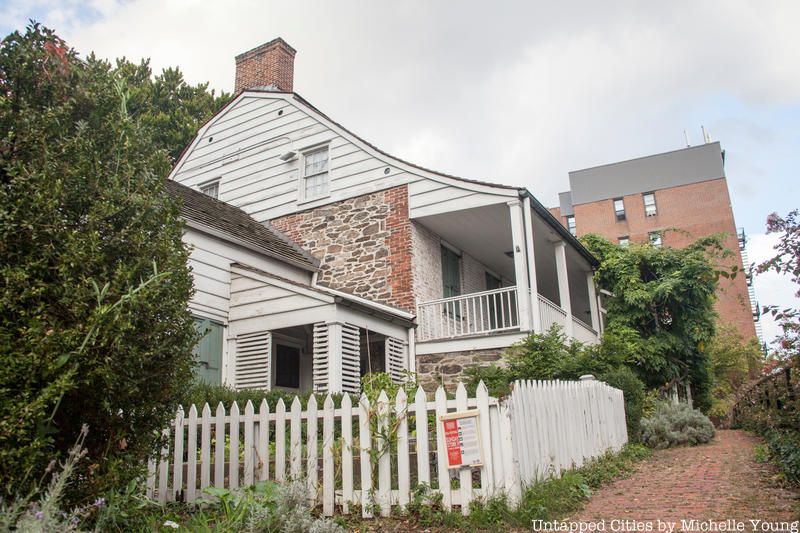
Hidden along the intersection of Broadway and 204th Street, the Dyckman Farmhouse Museum is the oldest house in Manhattan. The Dutch-colonial farm was built in the eighteenth century after the Dyckmans’ original home was destroyed in the Revolutionary War. By the early twentieth century, however, the farmhouse fell into disrepair as occupants moved out and the neighborhood rapidly developed. It was eventually restored in 1915 and converted into a museum that’s still standing today. The museum provides self-guided tours and is open from Friday to Sunday, 11am-5pm.
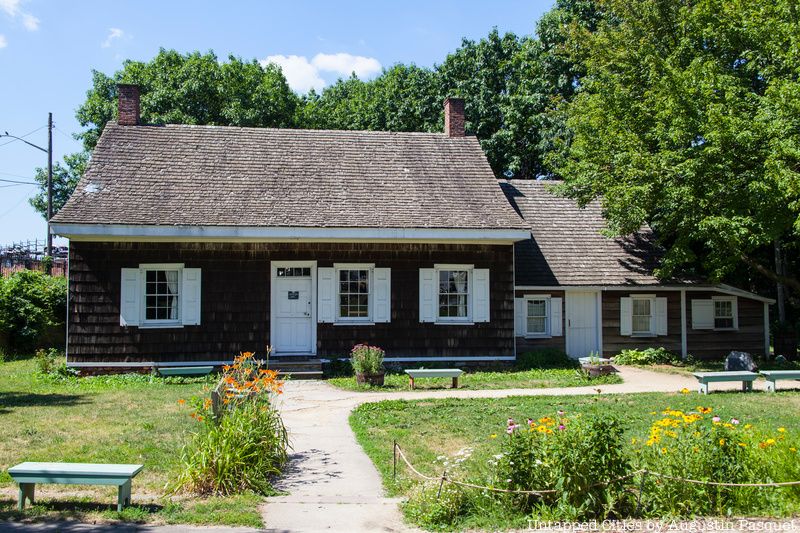
The Wyckoff House was built in 1652, when Dutch and German tenant farmers immigrated to the Americas to establish a new town in the modern-day Canarsie area of Brooklyn. The farmhouse, the oldest surviving example of a Dutch saltbox frame house, sits on land that was purchased from the local Lenape people in the seventeenth century. The area was eventually subject to rapid development, but even after Brooklyn’s urbanization, the Wyckoff House still survives today. Declared a National Historic Landmark in 1967, the farmhouse was restored in 1982 and opened to the visitors as a museum. From Tuesday to Friday, the museum is open from 1pm-3pm, and on Saturdays it’s open from 11am-3pm.
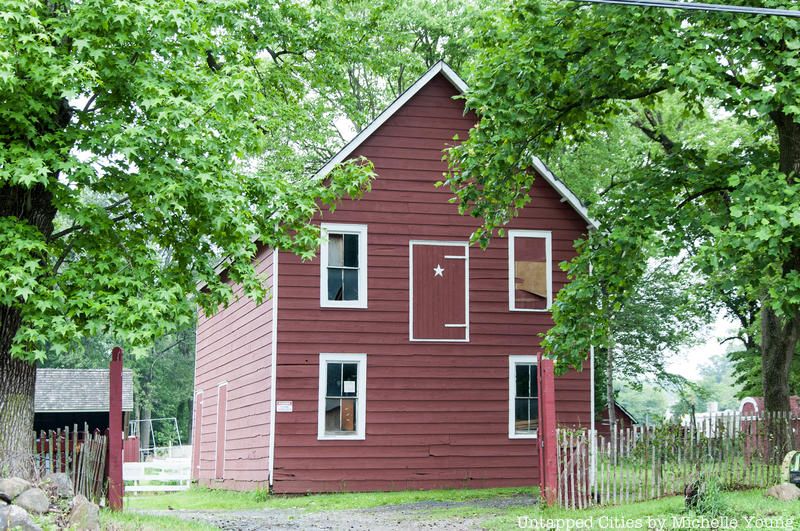
Staten Island, like the rest of New York City, was largely a farming community during the Dutch settlement period. Farms were a common sight in the borough until the 1950s and ‘60s, but they gradually disappeared due to the land rush following the construction of the Verrazano Narrows Bridge. But even amongst all of this change, the eleven-acre Decker Farm continued to operate until 1999. Decker Farm is currently open to visitors who want to tour the farm and take part in their pumpkin picking event happening every weekend through the month of October.

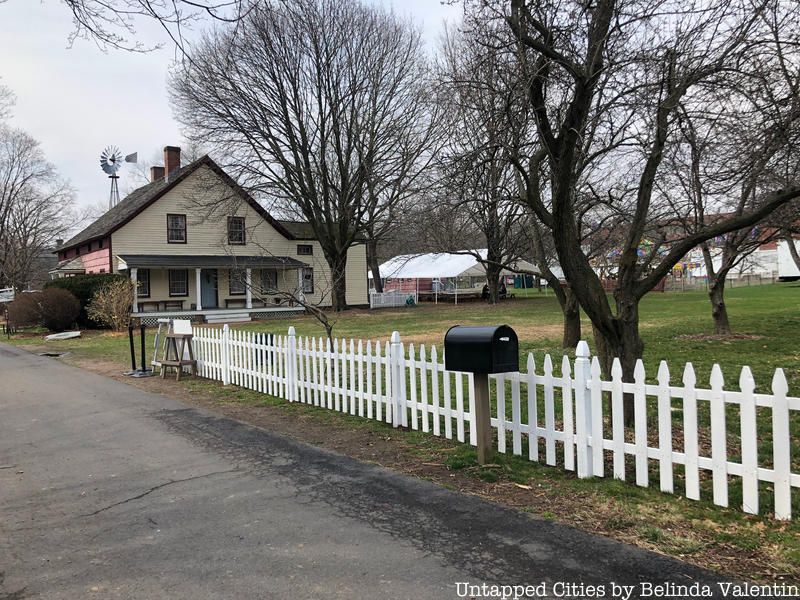
Owned by the New York City Department of Parks & Recreation, the Queens County Farm Museum was built in 1697 by the Adriances, a Dutch family of farmers. After they sold their farmhouse in 1808, a succession of owners transformed to a modern truck-farming business. It remained that way until the last private farmer sold the home to Creedmoor State Hospital, who used it to rehabilitate their patients. Today, the Queens County Farm Museum is the highest attended attraction in Queens, providing its visitors with programs and events such as The Amazing Maize Maze.
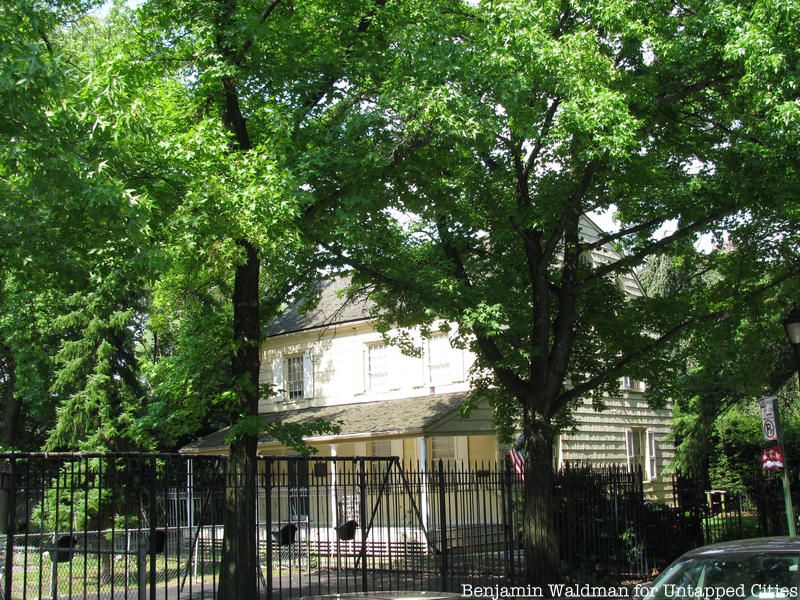
The Kingland Homestead in Queens was built circa 1785 for Charles Doughty and is a typical nineteenth-century farmhouse. The house has been moved multiple times in order to stave off threats of demolition. It now is home to the Queens Historical Society.
Subscribe to our newsletter